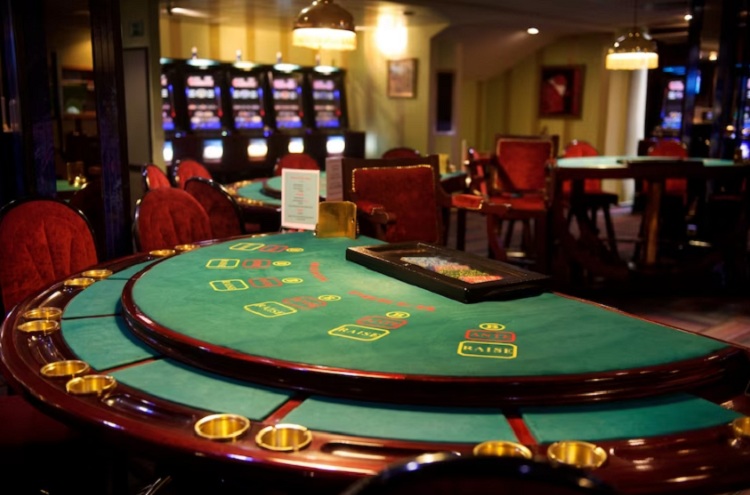 In 2018, Brazil passed a law legalizing sports betting sites, which have since become sponsors of almost every major men's and women's football team. However, market regulation has not yet been implemented, which means that companies operating in these locations do not pay local taxes and operate outside of Brazil.
In 2018, Brazil passed a law legalizing sports betting sites, which have since become sponsors of almost every major men's and women's football team. However, market regulation has not yet been implemented, which means that companies operating in these locations do not pay local taxes and operate outside of Brazil.Although gambling, such as bingo and casinos, remains illegal in Brazil, the Lula government's decision to regulate the taxation of sports games has reignited the debate over the legalization and regulation of such games. Business leaders claim that these activities continue to flourish across the country, albeit illegally, but without bringing revenue to public coffers.
The president of the Federal Senate, Rodrigo Pacheco, recently mentioned in an interview with the BBC that the legalization of gambling is an alternative to raising money for Brazil. A bill legalizing gambling was approved in 2022 and awaits a vote in the Senate. The president of the Chamber, Arthur Lira, is a strong supporter of legalization.
“Gaming is a unique source of jobs, a unique source of income. It exists throughout the country, in all cities in Brazil and we do not regulate it,” said Pacheco, who emphasized the urgency of the matter: “We want to speed up the vote if all these projects that generate revenue and one of these projects is the one that legalizes gambling. , which is already in progress.”
Pacheco said that a bill legalizing gambling will be placed on the electoral agenda in the next two months. But legalization faces strong resistance in sectors of Congress, mainly from an evangelical group that wants to keep the ban in force.
According to a lawyer from Brasilcasinos.com.br, although many are based on their own religious dogmas, Brazil is a secular state, where the public interest should be the only rule that governs the most diverse topics, including gambling.
The ban on gambling began in 1946, during the government of Eurico Gaspar Dutra, on the grounds that it would be harmful to morals and good customs. Until then, casinos operated in Brazil and were popular entertainment venues, offering entertainment and restaurants.
But this pressure to ban casinos has already been carried out in a religious way, thanks to the influence of the First Lady, Carmela Teles Leite Dutra, motivated by her strong devotion to the Catholic Church.
Currently, casino bans are common in many Islamic countries, including Indonesia and Saudi Arabia. However, Brazil is one of the few non-Islamic countries, along with Cuba and Iceland, that also prohibits the operation of casinos in its territory.
Faced with this situation, the field attributes the delay in regulation to the opposition of conservative groups, especially from the evangelical segment, which was widely heard by former president Jair Bolsonaro. But the new government is interested in finding sources of revenue to finance the social spending and job growth promised by President Luiz Inácio Lula da Silva.
